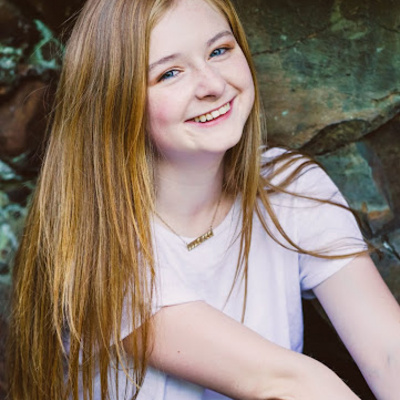Start Small and Keep Growing: Implementing a Successful Mentorship Program
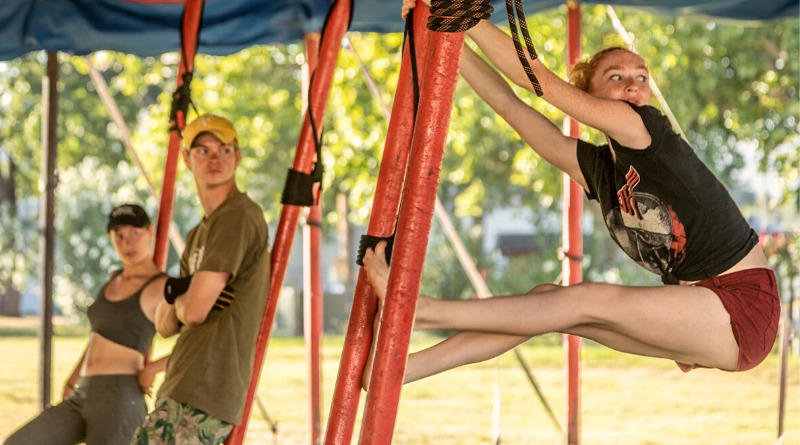
Mentorship programs for emerging artists continue to pop up throughout the United States, closing a training gap within the circus community. Flynn Creek Circus and the Circus Conservatory and Immersive Arts Center discuss their experiences building these programs and training the next generation of performers.
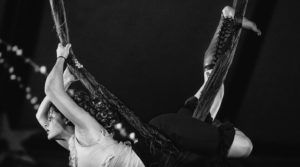
The circus community has always been a tight-knit group. We know each other, we support each other, and we work together to make sure everyone has a place in our world.
But there’s one thing that has become increasingly apparent in recent years: There is a large need for mentorship when bringing on emerging artists.
Compared to the generations of circus performers before us, we are looking at a radically different landscape in contemporary circus compared to a more traditional environment. Traditionally, training and knowledge would be passed down through generations of family members and close friends. These mentorship relationships were automatic.
Now, artists are emerging into the professional world from various different training backgrounds and through diverse channels. How do we foster this familial relationship between more experienced performers and emerging performers?
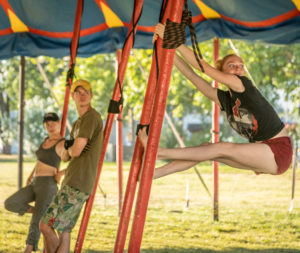
For the Co-founder of Flynn Creek Circus, David Jones, the answer is patience and structure.
Flynn Creek Circus started its mentorship program in September of 2017 after seeing a need for emerging artists to understand aspects of professionally performing beyond their act.
“We foster the development of students into professional performers. A lot goes into that. Things like packaging yourself as a product, your performance, your abilities, down to simple ways of behaving with other professional performers on a circus tour,” Jones said.
Jones first saw a need for a structured mentorship program when Flynn Creek kept running into issues with younger aerialists who were not comfortable rigging their own equipment. There was a noticeable group of performers that were stuck between student and professional.
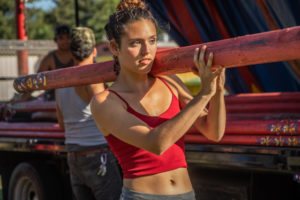
“We believe that, as an aerialist, you should always be able to rig your own equipment. Nobody is going to care as much about your safety and your life as you,” Jones said.
With an issue at hand and the passion and determination to bridge the gap, Flynn Creek set out to create their own mentorship program. They started the first year of their mentorship program when they hired on a handful of students from Mendocino Center for Circus Arts. Performers already on tour with Flynn Creek acted as mentors for these new emerging performers.
“We offer mentees the opportunity to work firsthand in a circus. Doing all of the things. Kind of as a safety net program. They’re not expected to be full-fledged professionals just yet. Although we treat them as professionals and expect professional behavior from them,” Jones said. This aspect of Flynn Creek’s mentorship teaches mentees skills such as rigging, performance packages, and dealing with conflict in a professional way.
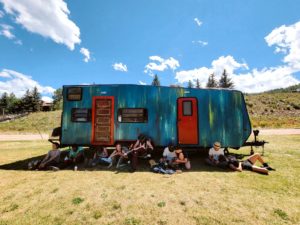
Along with hands-on experience working in a circus, Flynn Creek also offers mentees the “opportunity to rub elbows with some pretty big names.” These well-known performers are able to share information, experience, and advice from years of experience within the industry.
“Whether people take that advice or not is up to them. But the opportunity to hear it is better than not,” Jones said.
While Jones stated there hasn’t been a huge change in group mentality since implementing the circus mentors program at Flynn Circus, he feels that the mentees going through the program are better set up for a career in professional performance than they would be without the program.
At the end of the day, this mentorship program is a passion project for David Jones and Flynn Creek Circus.
“If you see a need, a niche, and you have the desire to fill it, and you have the patience and the follow-through, then you have everything you need. Start small and keep growing,” Jones said.
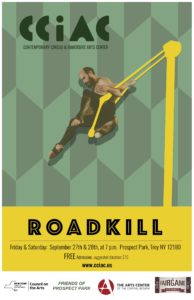
Across the United States in New York, there is another mentorship program brewing. The Circus Conservatory and Immersive Arts Center (CCIAC) opened in 2019 and started their mentorship program soon after in 2020.
Growing up, Aaron Marquise, Executive Director of the CCIAC, trained and performed with many different groups across various countries. Throughout his training, he realized that there weren’t a lot of options out there for emerging artists to learn how to market themselves and build their professional portfolios. That realization pushed him to set out to design a performance center with one of the main pillars being mentorship.
Over the course of a year, CCIAC works to connect each mentee with a well-fitting, United States-based mentor. The program starts out by defining goals, deciding what message the mentee wants to portray to their audience, and what the emerging artist wants their end result to be. The middle of the year is spent working on movement quality and choreographing a piece to fit the artist’s strengths. “Not only do the artists get a chance to learn movement quality from directors, but they also learn a bit about directing in the process,” Director of Operations Leighann Kowalsky said.
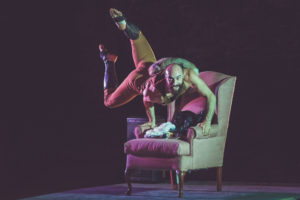
Towards the end of the program, emerging artists learn how to write about their piece for marketing, how to direct a photographer to get shots that truly showcase their work, and how to get great video footage of their routine to add to their reel.
“The circus world really has been needing more of this for so long,” Kowalsky said. “What I hope the end goal is out of all of this is that emerging artists are better informed and better equipped with the tools to market themselves.”
Editor's Note: At StageLync, an international platform for the performing arts, we celebrate the diversity of our writers' backgrounds. We recognize and support their choice to use either American or British English in their articles, respecting their individual preferences and origins. This policy allows us to embrace a wide range of linguistic expressions, enriching our content and reflecting the global nature of our community.
🎧 Join us on the StageLync Podcast for inspiring stories from the world of performing arts! Tune in to hear from the creative minds who bring magic to life, both onstage and behind the scenes. 🎙️ 👉 Listen now!
